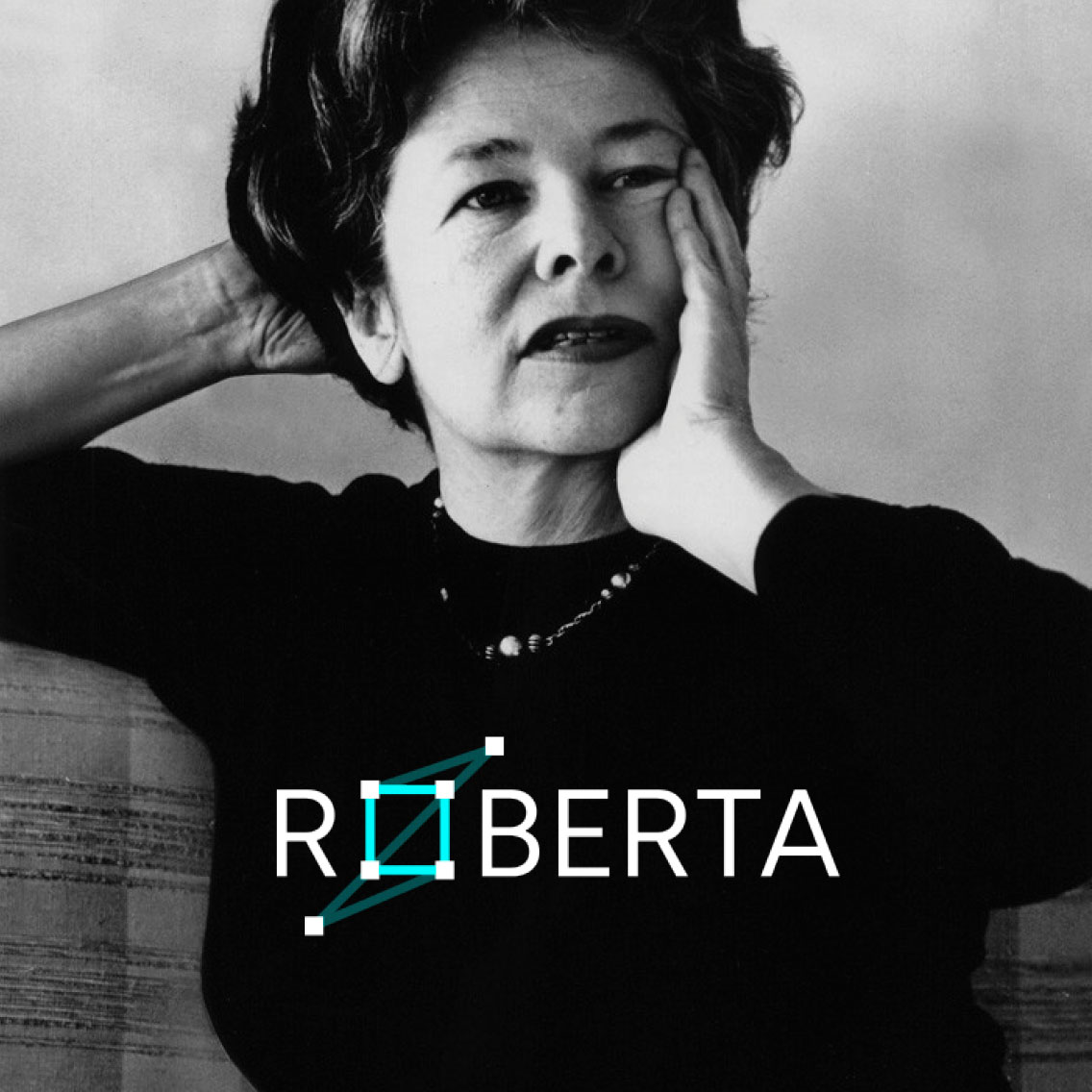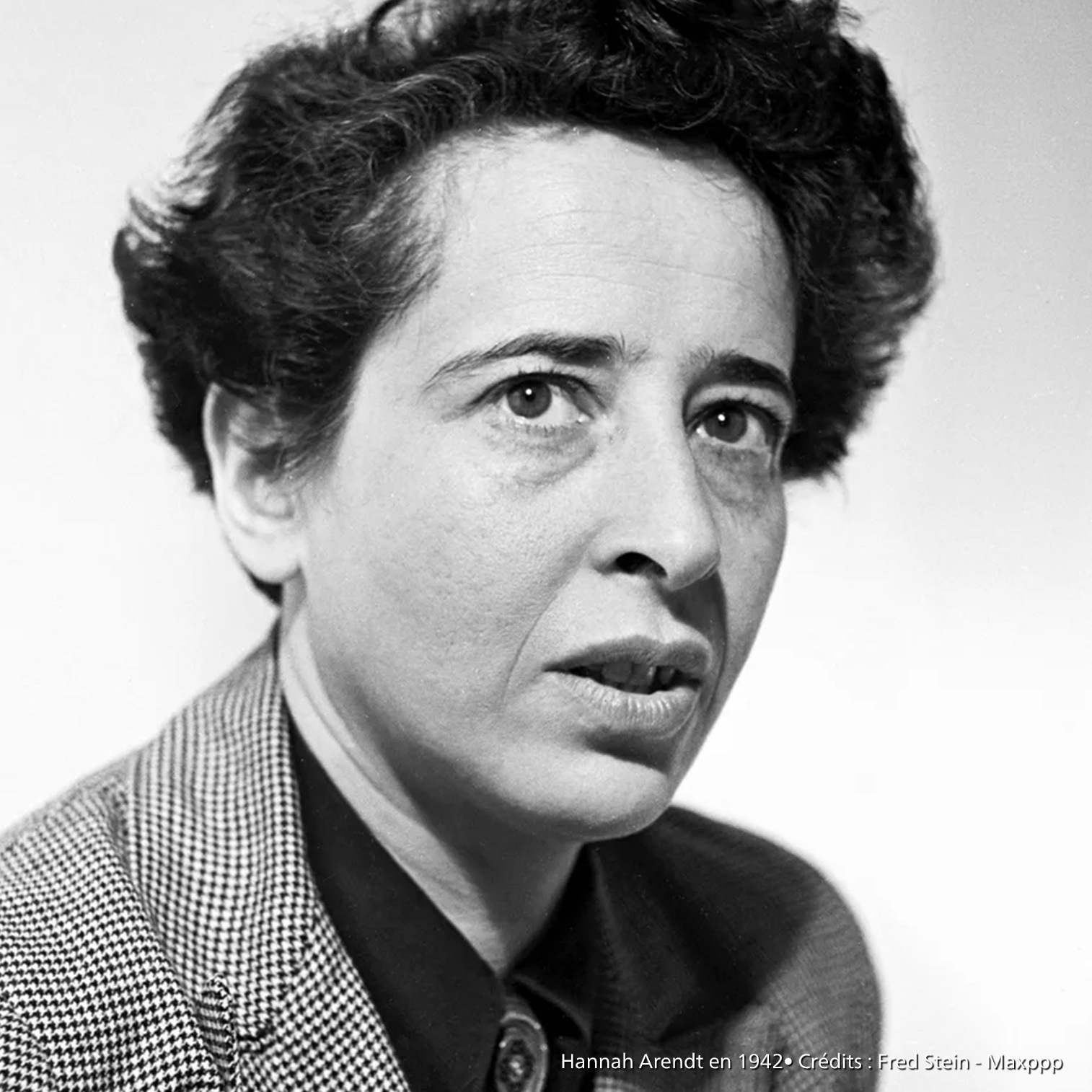Episode 1, Roberta Wohlstetter, Pioneer of modern intelligence
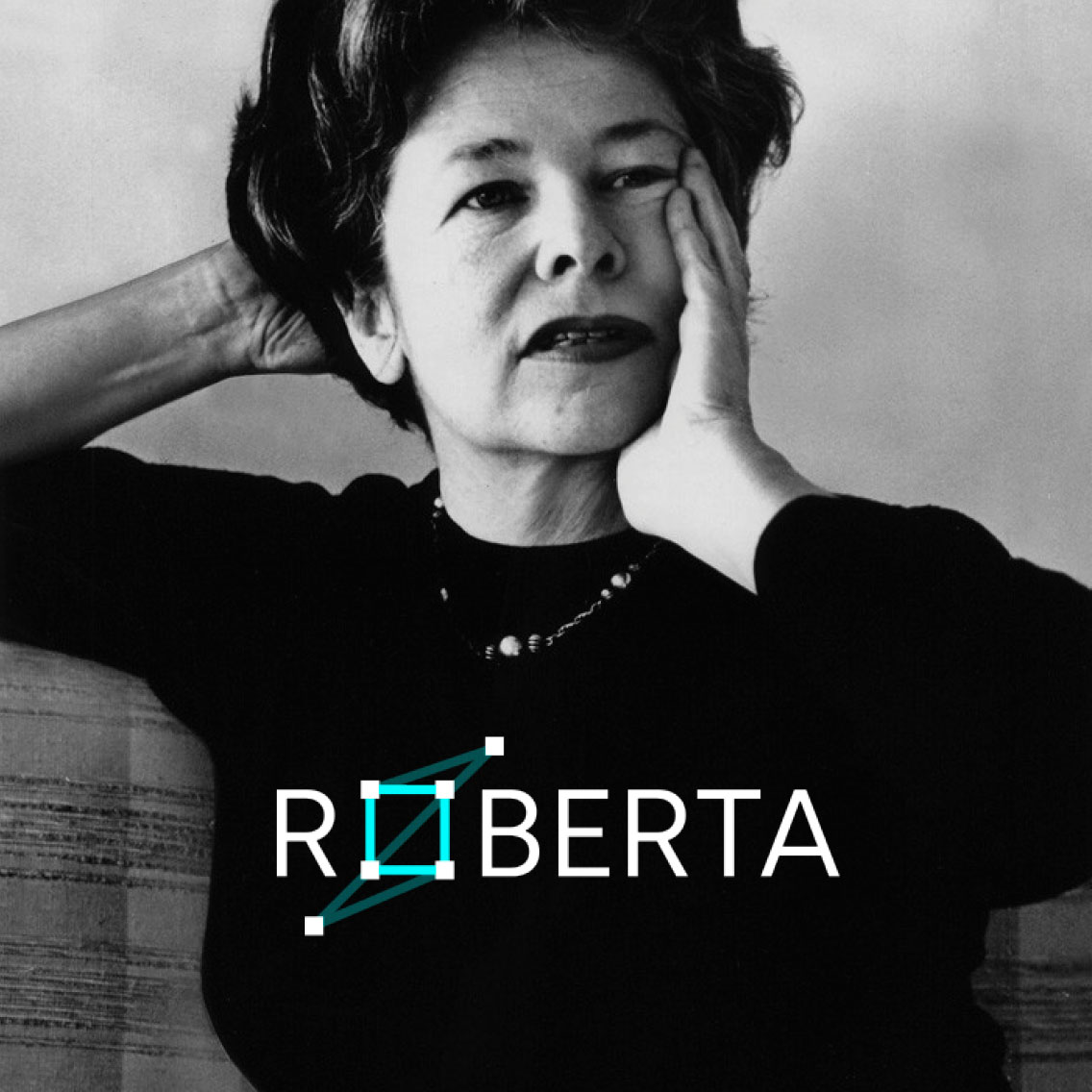
"December 7, 1941, a date which will live in infamy!" exclaimed President Roosevelt after the Japanese attack on Pearl Harbor. Two battleships at the bottom of the sea, 2400 Americans killed or missing, the entry of the United States into the Second World War, and, for the young Roberta Wohlstetter, a painful mystery: why couldn’t the signals of such a catastrophe have been anticipated? How could Intelligence be better prepared and thought through after World War II?
And so one of the most influential careers of the second half of the 20th Century began. Let's discover why Mrs. Wohlstetter’s work still serves as an influence for modern intelligence.
Youth
When young Roberta enters law school at Columbia University, she is already on the fringe of her time, well ahead, out of the mainstream. Her ambitions, for a woman, are considered excessive by her father, a conservative Protestant and Harvard law professor himself. Therefore, when she allows herself the audacity to prefer literature and psychology to a more centered, more profitable career, she finds support with her future husband, Albert, a young mathematician who enabled her to follow through on her first passions.
From that point on, all the rest of her research will take its roots in these early years of freedom and courage.
Impact and work
Roberta quickly gained immense respect in a competitive and demanding research field. Ronald Reagan reminded us of this when he awarded her the "Presidential Medal of Freedom" in 1985 (copyright image, Ronald Reagan Presidential Library) [1]: "A generation ahead of her time," he said. "She has established herself in fields that were sometimes reserved strictly for men.” But what was the President referring to? First of all, to the historical research devoted to the surprise of Pearl Harbor - a study that became a book - “Pearl Harbor, Warning and Decision”[2]. In this book, she assessed that the excess of unstructured data transmitted by informers or obtained through deciphering telephone tapping explained the error of American intelligence services. The Japanese Army at the time managed to camouflage its true offensive intentions behind a mass of irrelevant and incoherent signals. This phenomenon, which she called "noise," was fatal to analysis and decision-making throughout 1941, according to her.
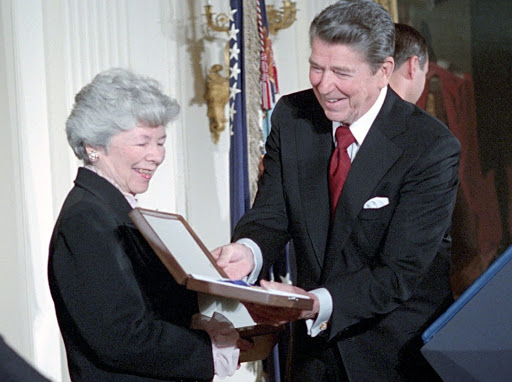
Her revolutionary investigation was quickly noticed in Washington DC
Initially published for a limited military audience, it became popular in the Pentagon at the end of the 1950s and eventually drew the attention of the White House - to the point that Roberta was recruited as an advisor during the 1962 Cuban missile crisis. As a reminder, Soviet nuclear missiles were spotted on the island thanks to photographs taken by a U2 spy plane, prompting President Kennedy to impose a blockade that pressured the USSR to withdraw its missiles. Roberta moved here from theory to practice. A practice that is now in history textbooks.
As the Cold War continued, her fame grew with her book influencing the writings of both her husband and RAND Corporation experts, an American think tank where she collaborated until the early 2000s. For this generation, the spectre of a surprise attack by the Soviet Union (and afterwards China) gave her judgment on methodology and strategic decision-making in times of crisis a permanent character.
September 11, 2001
put Roberta back in the spotlight one last time before her passing in 2007. Her students then populated the most influential corridors of Washington and her book on Pearl Harbor had become compulsory reading in the Office of the Secretary of Defense, who decided the American response to Al Qaeda[3]. Intellectual perennity, again and again.
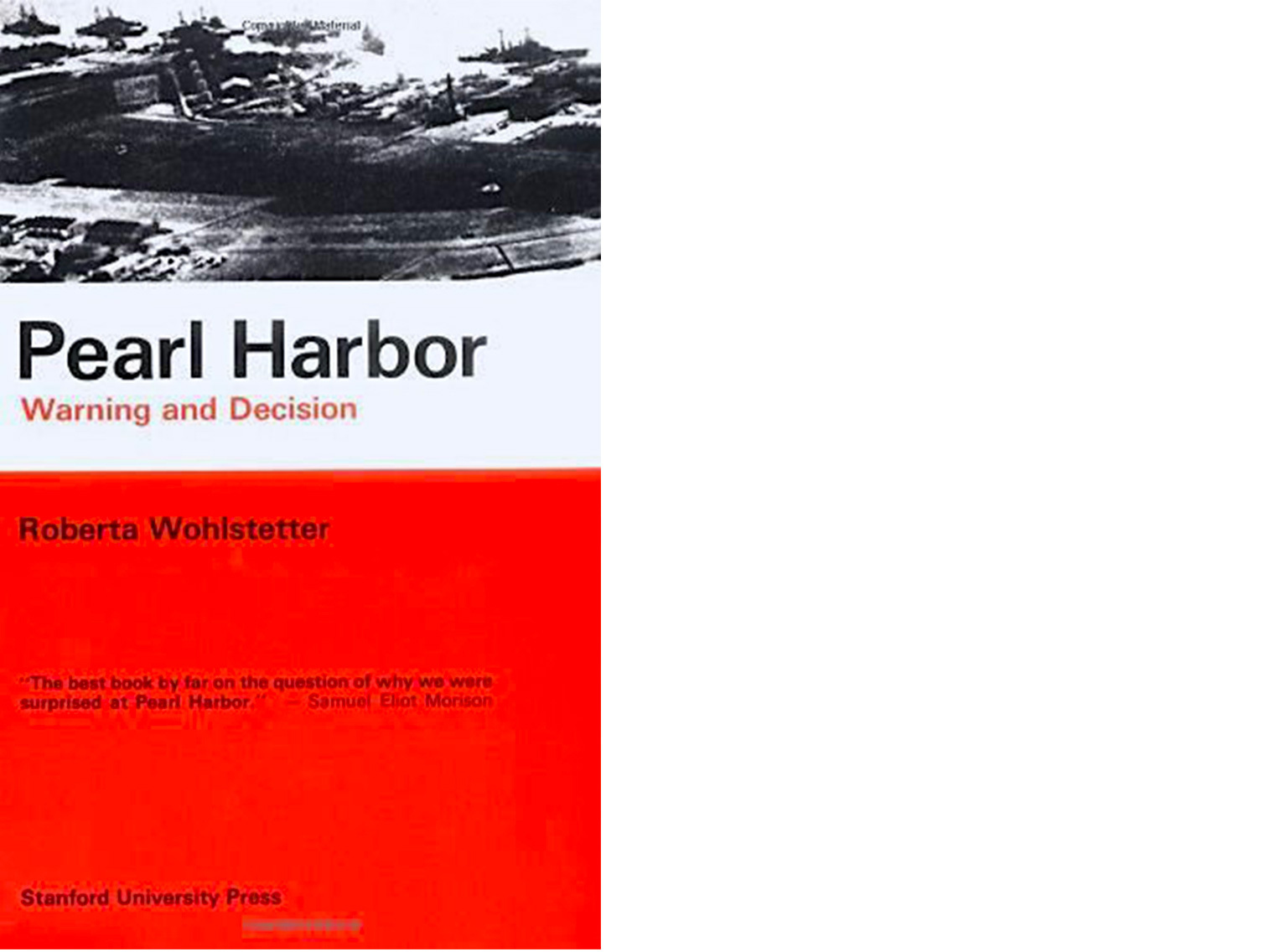
It’s fair to now ask: What does this have to do with Artificial Intelligence and with Preligens?
Capturing weak signals, establishing relevant correlations, and seeing through the "noise" of a large mass of data are what Artificial Intelligence (AI) does when used for Defense and Intelligence purposes. Algorithms allow the analysis of a huge amount of information from multiple sources; software now highlighting certain anomalies in order to evaluate a situation and make strategic decisions. AI is what makes possible the detection of weak, but useful, signals through millions of clues that would not be possible to process manually in a reasonable time.
No doubt that Roberta would have been fascinated by these new possibilities in information processing. AI acting as a lighthouse to spot patterns within a constantly increasing, and noisy flow of data, it is a promising answer for intelligence agents to make better informed decisions for a safer world.
For the anecdote, and perhaps to conclude this podcast, let us add that Roberta and her husband were known to be 'bon vivants' who loved France, wine, and poetry. Her husband's brother owned a vineyard in the Bordeaux region[4] and the couple frequently organized detours for their intimates. In the end, the couple only missed out on an invitation to visit our Parisian premises by only fifteen years.
Fortunately, we still have her writings and lessons that have been passed down through the generations.
[1] “Remarks at the presentation ceremony for the presidential Medal of Freedom”, http://www.reagan.utexas.edu, 7 novembre 1985
[2] Roberta Wohlstetter, Pearl Harbour: Warning and decision, Stanford University Press, 1962, 426p
[3] Bob Woodward, Bush at war, Simon & Schuster, 2002, p.22
[4] Anne-Hessing Cahn, Killing Détente, the Right attacks the CIA, The Pennsylvania University Press, 1998, p.11
Other
Roberta Wohlstetter, Cuba and Pearl Harbour, hindsight and foresight, Rand Corporation,1965: https://www.rand.org/content/dam/rand/pubs/research_memoranda/2007/RM4328.pdf
